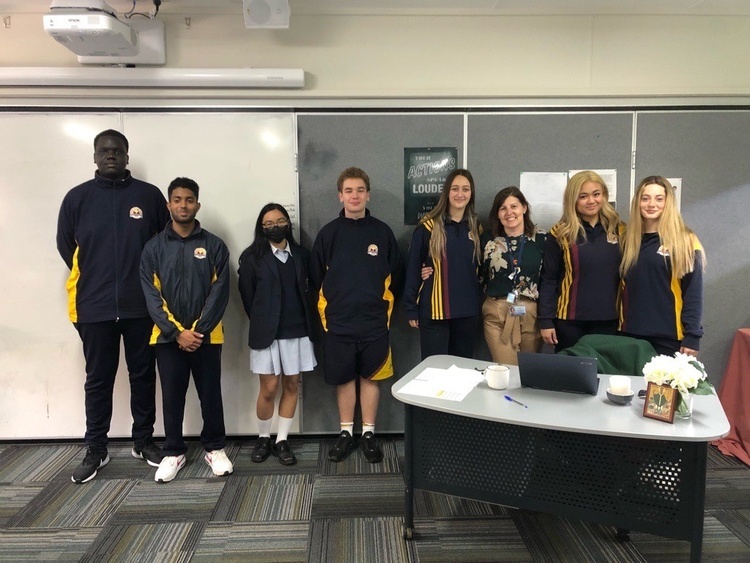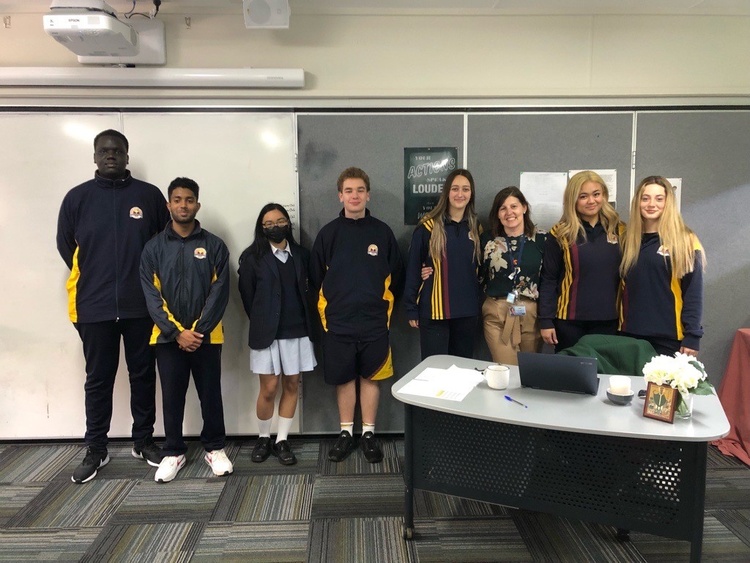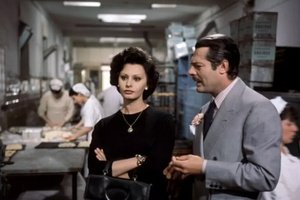The Catholic Regional College of Melbourne, which this year changed its name to St Francis Catholic College, is a high school with around 1200 students.
Despite the fact that few students within the school have an Italian background, the Languages Domain Leader Russo, has been able to galvanise interest in the language, year after year.
So much so, that there are enough students choosing the optional elective to make up an entire class from each year level.
In 2022, there were 12 students who took VCE Italian exams.
Russo is very attached to the Italian language, which she only spoke with her grandmother as her parents, both from Calabria, only spoke dialect.
“I also studied for three months at the university for foreigners in Perugia”, said Russo.
“I then taught for a brief period in Cividale del Friuli.”
She fell completely in love with the place and established a link with the Paolo Diacono Boarding School.
In 2011, St Francis (formerly CRC) started an exchange project with the Cividale school.
The program involves the arrival of Italian students for a few weeks in July, followed by the Year 11 class from St Francis Catholic College going to Italy in November.
The exchange opportunity is a huge incentive for students who want to continue with Italian in Year 12.
"The students are driven by the desire to travel,” admitted Russo.
“But it’s also an opportunity for them to understand how to use the language and put to use what they have studied in previous years."
In preparation for the exchange, video calls are organised between the classes, so the boys get a chance to meet each other and practise speaking before the trip.
Russo emphasises that for the kids, conversation is the most engaging and motivating part of studying a language.
"They don't really want to know how to read or write,” explained Russo.
“But [rather] to express themselves, to speak when they travel or are in a position to use Italian."
For this reason, in as early as Years 7 and 8, Russo speaks Italian in class and invites her students to do the same.
"Every week the kids write on a card the topic they would like to talk about,” she said.
“On Fridays I pull out one of the cards and we converse about that specific topic."
The cards can be regarding politics, current affairs or whatever else is of interest to the kids.
"In Year 7 and 8 they struggle a bit, but by Year 10 the conversations become more engaging and that way we keep their interest alive," Russo added.
Another way to foster students' interest in Italian is with excursions, in order to contextualise what is being talked about in class.
Trips range from Lygon Street to the Italian Museum, to bocce clubs and card games all while chatting in Italian.











